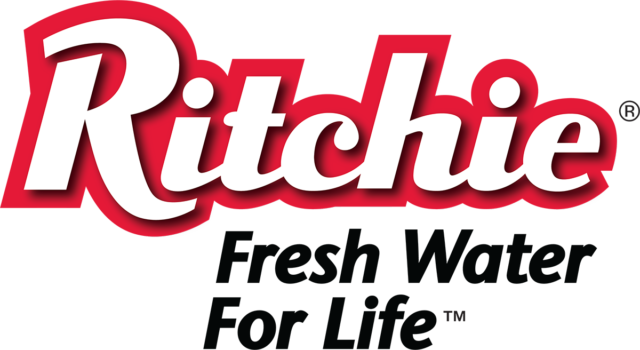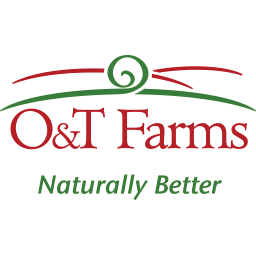This week I am going to give an academic conference-style presentation on a mutated calf fetus that mercilessly slaughters Irish people on a dairy farm.I have spent a lot of time in the university system: as a student, lecturer, researcher – and now as a student again.
As tuition costs increase, many worry about the value of a college education and what practicality it may lend to the real world.
One thing I’ve become sure of is: Central skills to be gained from getting a degree (particularly one in humanities, like mine) include people management and how to use a lot of words to say very little – which I would argue are nearly the same thing.
(Aside No. 1: That’s why many lawyers are English majors first. Aside No. 2: As a lecturer, I was very candid about this with my students, readily encouraging bribes. As a result, they learned an important lesson, while I accumulated a lot of nice things).
I’ve found that when drafting an essay for a professor, there are two approaches a savvy student may take. One can either choose a topic that closely matches the instructor’s field of study and be unabashedly bootlicking enthusiastic about it (note: there’s no shame in that) or select a matter so far out of his expertise that he’ll have a hard time being critical. Perhaps you can tell: I’ve been feeling surly of late. Hence, the killer unborn calves.
For my project, I’ve been comparing the farm narratives between Ireland and Iceland, which is to say how farms appear differently in stories on each island.
Because the Icelandic dairy industry has a policy that encourages a stable and profitable market, many Icelandic farm narratives are still about how the farm makes the farmer a stronger, more independent person. One of them is a short film titled The Last Farm (2010). An old farmer living in an isolated area in Iceland is supposed to move into a retirement home in a few days with his wife.
We already suspect that this isn’t going to happen when he lays down in bed next to her dead body with a look on his face as if he’s going to make a decision. No one knows that she’s dead because he doesn’t let anyone in the house. One quickly gets the sense that he’s not going to leave the farm.
In Ireland, however, many of the dominant themes involve someone or something trying to take the farm away from the farmer. EU agricultural policy changed in the early 2000s, and as a result, their margins have gotten smaller and more unpredictable, with farms forced to expand to stay in business. As a result, farming appears different in literature and film since then.
You might have guessed that my favorite includes the genetically altered Holstein zygote. In Isolation (2005), a down-and-out Irish dairy farmer is forced to allow a scientist to conduct an experiment on one of his cows in order to make a payment to the bank.
The scientist is attempting to create a heifer that grows faster and can be bred quicker. Unfortunately, the cow births a calf that is already pregnant with killer fetuses inside it. As improbable as the premise sounds, it is at least well-shot and well-acted – and surprisingly nearly accurate as far as showing the farm.
The only glaring erroneousness is that despite having two filled silage pits and a double-eight herringbone parlor, he only has five cows on the entire farm. (No wonder he can’t pay his mortgage).
The presentation is in a few days. I’ve memorized a few terms to answer with when the professor asks me about my methods and analysis. It will matter less that I know what they actually mean than the fact that I will say them without blinking.
If my calculations are right, the professor will pretend to know them too. He’ll try to make some comment on farming, and if I’m still feeling surly, I’ll tell him he’s wrong, whether he is or not.
One thing I will point out in earnest, however, is that the endings of both Isolation and The Last Farm – while both bizarre and unlikely – seem to suggest something still inherently universal in farming, despite the different geography and circumstances.
In the Icelandic film, the old farmer doesn’t go into a retirement home but instead digs a grave for his wife and backs a dump truck full of dirt next to it. His last act is laying down by his wife and activating the hydraulic lift, burying himself with the corpse. He had no intention of leaving the farm.
In the same way, the mangled, diseased farmer in Isolation, when given a chance to flee after three people and all five cows had been slaughtered, decided to stay and fight the fetus to the death. These are both strong, autonomous acts committed by independent people. They remain farmers to the end. It appears that while the image of farming may have changed in stories, the portrayal of those who do it has not. PD
Ryan Dennis is the son of a dairy farmer from western New York and a literary writer. The Dennis family dairies and maintains a 100-plus cow herd of Holsteins and Shorthorns.

-
Ryan Dennis
- Columnist
- Email Dennis




